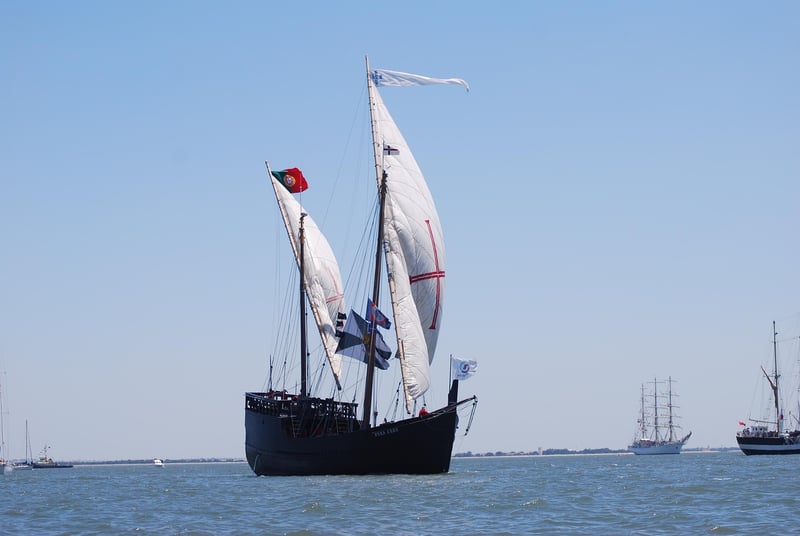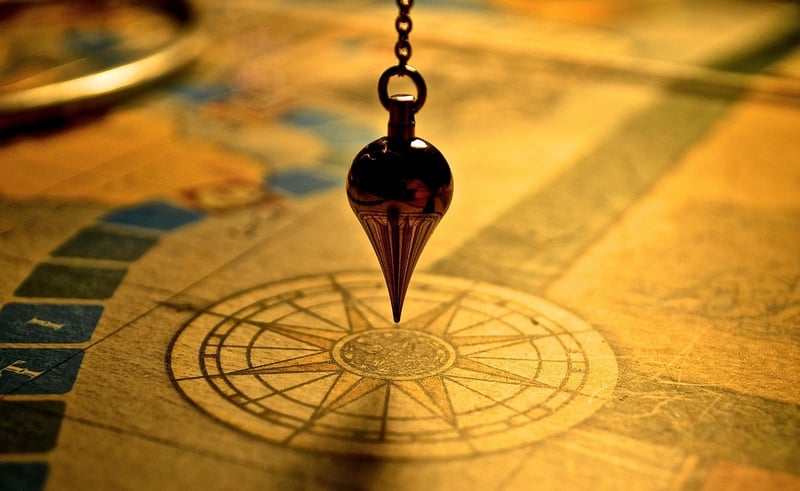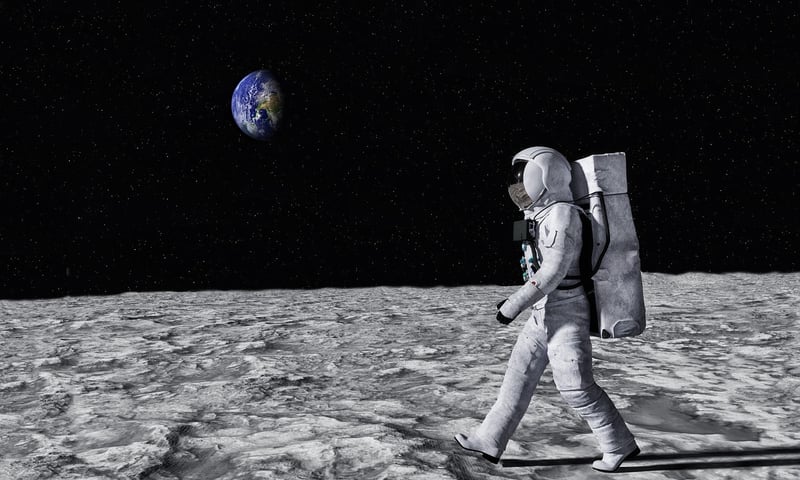Future Exploration
Exploring Different Eras and Future Exploration
Introduction
Exploration has been a fundamental part of human history, driving us to uncover new territories, ideas, and technologies. From ancient times to the present day, explorers have pushed the boundaries of what we know, shaping our understanding of the world and beyond.
Ancient Era
In the ancient era, explorers like Marco Polo and Ibn Battuta embarked on daring journeys across continents, bridging cultures and expanding trade routes. Their travels opened up new possibilities for exchange and learning, laying the foundation for future exploration.

Age of Discovery
The Age of Discovery saw explorers like Christopher Columbus and Vasco da Gama sail across oceans, discovering new lands and connecting distant civilizations. These voyages reshaped global politics, economics, and societies, sparking an era of exploration and colonization.

Space Exploration
In the 20th century, humanity turned its gaze towards the stars with the advent of space exploration. Pioneers like Yuri Gagarin and Neil Armstrong ventured beyond Earth, landing on the moon and sending probes to distant planets. Space exploration continues to inspire us, pushing the boundaries of science and technology.

Future of Exploration
As we stand on the cusp of a new era, the future of exploration holds exciting possibilities. From Mars missions to deep-sea expeditions, humans are poised to uncover new frontiers and unravel the mysteries of the universe. Advancements in AI, robotics, and sustainable technologies are propelling us towards a future where exploration knows no bounds.

Conclusion
Exploration is a timeless pursuit that drives us to seek the unknown, challenge our limits, and discover the wonders of the world. By looking back at our past and embracing the future with curiosity and innovation, we can continue to explore, learn, and grow, shaping the world for generations to come.
Let's embark on this journey of exploration together, towards a future filled with endless possibilities.
